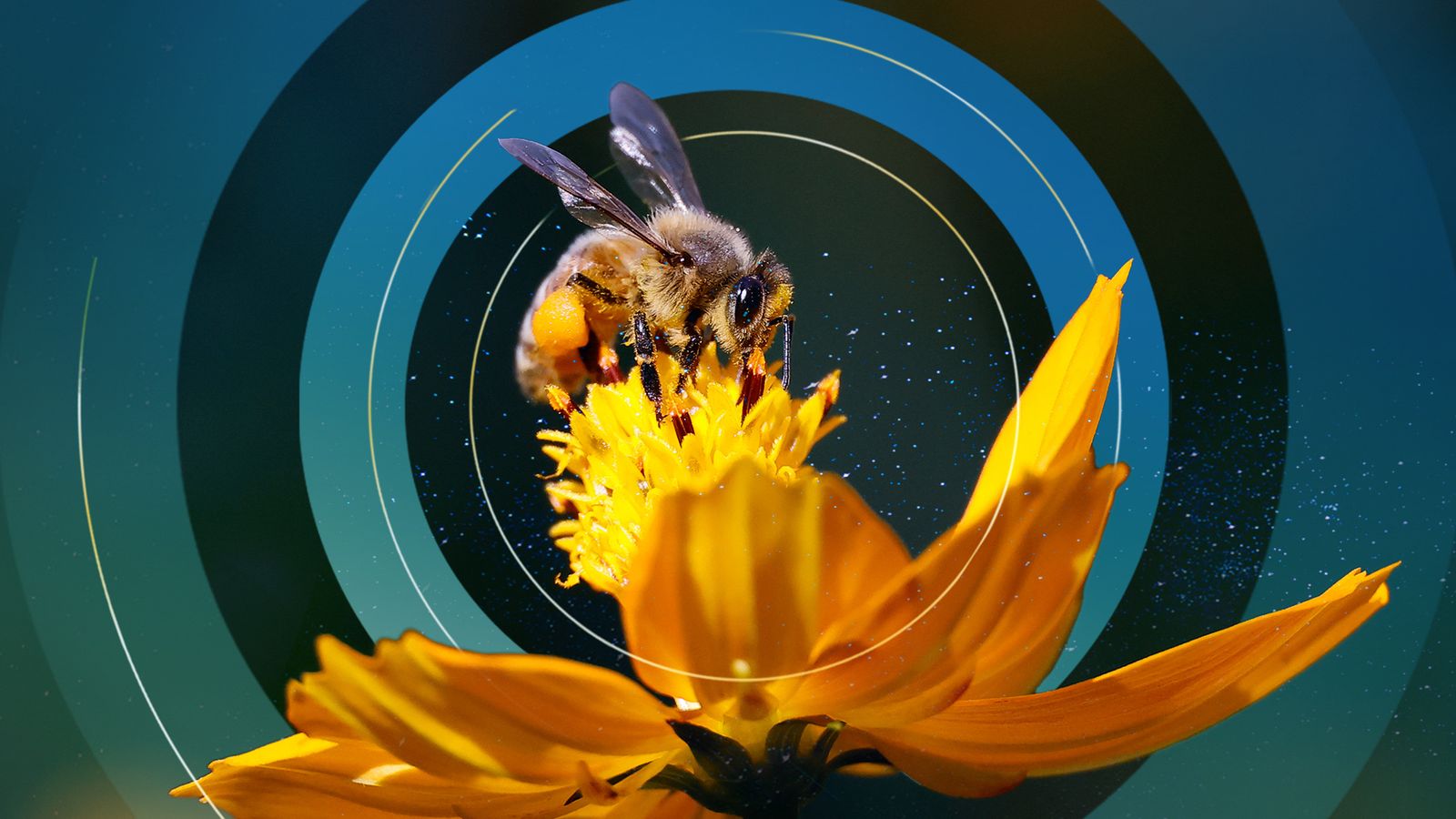Humanity is closer than ever to irreversible biodiversity damage that could kill off mankind – not just plants and animals, the Environment Agency will warn today.
In a speech to mark a new report on the extent of biodiversity loss nationwide, EA chief executive Sir James Bevan will highlight the link between a thriving natural environment and the clean water, good-quality soil and carbon storage needed for humans to survive.
He will say in a speech to the Green Alliance think tank in London on Tuesday: “The biodiversity crisis is a crisis because it won’t just kill the plants and animals, it will kill us too.
“That’s because nature is indivisible and interdependent – nature provides us with a host of things we depend upon, such as clean water, clean air and food.”
The EA’s latest study, entitled Working with Nature – Chief Scientists Group Report – is published today.
It reveals 41% of our native flora and fauna species have considerably decreased since 1970, with 15% at serious risk of extinction.
A quarter of mammals in England also face dying out, the research shows.
Britain’s heating climate will become increasingly uncomfortable – and deadly for some
A glacier collapse, cheese production under threat and an evaporating river – Italy is baking and it must adapt
Blistering heat scorches Europe as Portugal wildfire injures 29 and officials warn of hotter, changing climate
At the same time, numbers of priority mammal, bird, butterfly and moth species have gone down by 61%.
Not too late to turn things around by restoring habitats
Sir James will make reference to the 1962 book Silent Spring by US writer Rachel Carson, credited with the starting the modern environmental movement, triggering the foundation of the US Environment Protection Agency and leading to a US-wide ban of the pesticide DTT.
Her book chronicles the destruction of whole ecosystems as a result of careless and excessive use of synthetic pesticides.
The EA boss will use it to reflect on where we are as a planet 60 years on.
“On the mornings that had once throbbed with the dawn chorus of robins, doves, jays, wrens, and scores of other bird voices there was now no sound; only silence lay over the fields and woods and marsh,” his speech reads.
“Sixty years on we are closer than ever to that silent spring happening.
“Since we humans and everything we cherish depends on nature, we have the strongest possible interest in avoiding that outcome.”
Read more from Sky News:
Harnessing tides could power more homes than nuclear
Elaborating on government plans to rewild vast swathes of land across the UK, Sir James will say it is not too late to turn things around by restoring natural habitats.
He will cite the example of Steart Marshes on the Severn Estuary, which is the biggest coastal realignment project in the UK, protecting 100,000 homes from flooding and creating 250 hectares where marshland species can live.
In total EA restored 1,100 hectares of natural habitat over the year 2021-22.








